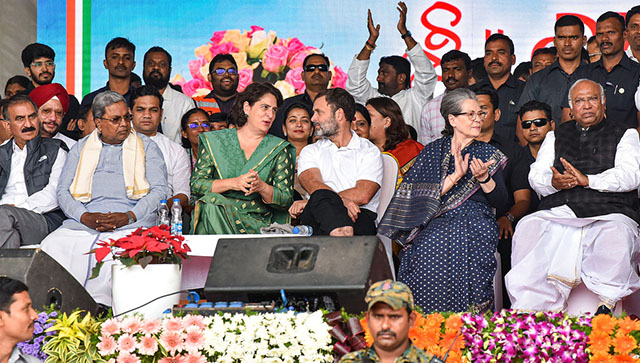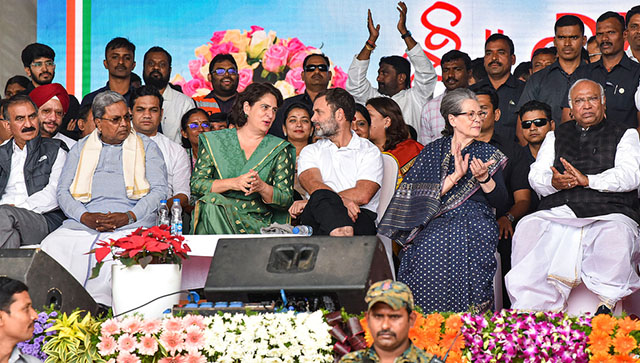The long and short of the latest Sebi statistics on Participatory Notes (PN) allowed to be issued by Foreign Portfolio Investors (FPI) abroad is that the series of steps taken by it since 2014 including mandating KYC (know your customer) norms and tracking and reporting of suspicious transactions has resulted in PNs as percentage of the overall foreign portfolio investments in India falling from 10.5 percent in January 2016 to 7.5 percent in October 2016.
And to prove its seriousness in addressing the concerns of critics of the PN regime, the Sebi had last month, 26 April, 2017 to be precise, mandated that PNs would be out of bounds for Indian residents and NRIs, and outstanding positions by them would have to be wound down by 2020. Curiously, this latest step ought to have been the first when the predecessor regime called Foreign Institutional Investments (FII) was made available in 1995 because much of the abuses of PN has reportedly been done by Indian residents and NRIs to launder their ill-gotten wealth through the process of round-tripping— move such funds from India through subterranean channels and bring them back through official PN route duly laundered. In other words, FPI and its earlier version FII, inherently meant for foreigners, came to be hijacked by Indian crooks to defy Indian regulatory scrutiny as the long arm of Indian law comes a cropper when crimes and maneuvers take place in distant foreign shores.
And now on 29 May 2017, the capital market regulator has made life more difficult for PN subscribers and transferees by imposing a regulatory fee of US $1000 on both the FPI and its PN investors valid for three years. The fee is supposed to deter investments through PNs and compel foreigners to register themselves upfront with Sebi as FPIs. Can the critics be silenced by the market regulator on the lulling philosophical ground that it is better to be late than never?
BJP’s Subramanian Swami has been right when he says the then Finance Minister P. Chidambaram committed a cardinal sin in 1995 by permitting an opaque instrument called PN to take birth. There is no parallel for PN i.e. no other country has deemed it necessary to countenance and indulge such opaque instrument innately conducive to keeping the identity of the investor anonymous. Was it introduced deliberately to give a leg-up to money laundering with official connivance in the cynical realisation that the regime would help both the corrupt politicians and their corporate patrons?
That PNs became necessary for small investors abroad who found it difficult to register themselves with the Sebi in India and otherwise comply with its regulatory and disclosure requirements cannot be accepted at face value in the face of almost two decades of feet-dragging in making the regime out-of-bounds for Indian residents and their NRI proxies or handmaidens. And the flat regulatory fee of US $ 1000 every three years would hardly affect the enthusiasm of deep-pocketed crooks.
The BJP government at the center would do well to completely abolish the PN regime because that would not amount to throwing the baby with bath water. Genuine foreign portfolio investment would continue to pour in without let or hindrance. Only Indian crooks masquerading as foreign investors under the cover of FPIs would be halted in their tracks.
It is said that strict regulations work much better than bans. May be, but not when it comes to the dreaded menace of money laundering abroad. The Sebi has shifted the onus onto to foreign registered FPI entities to ensure that the PN regime is not misused by reporting suspicious transactions and now by mandating that Indian residents and NRIs do not latch onto its bandwagon, but these are easier said than done.
Crooks always find ways to escape strict regulations and FPIs would be caught unawares if not napping. That the Sebi steps haven’t resulted in a significant drop in PN investments shows that so long as it is alive, crooks would be tantalized to use and abuse them. It is better to abolish an opaque instrument offered abroad where the long arm of Indian law cannot reach except through official diktats to FPIs.


)




)
)
)
)
)
)
)
)